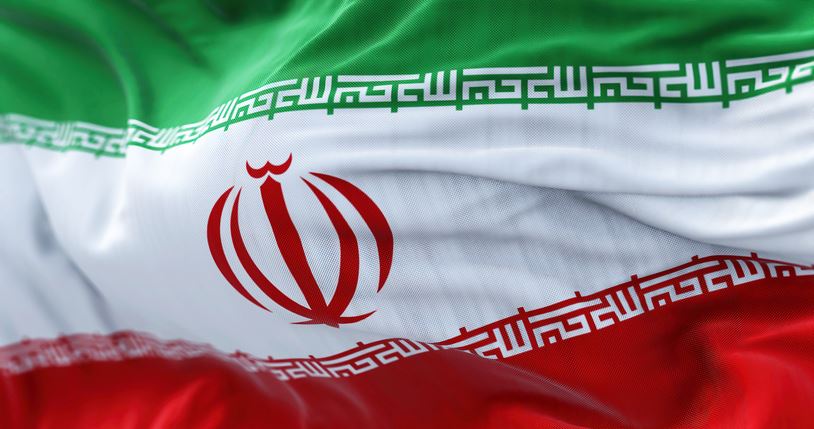In a triumph for ideas that foreign states should be held accountable for their acts of violation of human rights, Herischi & Associates successfully received a federal court judgment in the amount of $34 million on September 30, 2022, against Iran on behalf of the spouse and two daughters of Siamak Pourzand, a renowned Iranian journalist.
Siamak Pourzand was unjustly detained and tortured at the hands of Iranian authorities from 2001 until his untimely death in 2011, in a case that attracted worldwide condemnation. These gross human rights violations committed by the Iranian government resulted in damages being awarded to Siamak’s family.
US District Judge John D. Bates concluded in his opinion that the spouse and two daughters of Siamak Pourzand, namely Mehrangiz Kar, Azadeh Pourzand, and Banafsheh Zand respectively, were together entitled to $17 million in compensatory damages for pain and suffering.
Although Iran failed to respond to the 2019 lawsuits Kar, Pourzand, and Zand filed under the Foreign Sovereign Immunities Act of 1976, Judge Bates held an evidentiary hearing in Iran’s absence. The court imposed an additional $17 million in punitive damages intended to punish the Iranian government and deter it from similar future actions. “Iran’s mistreatment of Siamak was horrific; plaintiffs suffered severe psychological trauma as a result of Iran’s wrongful conduct; ‘there is a significant need to deter further such [wrongs]; and defendant is a sovereign nation that can be presumed to possess significant wealth.’” Judge Bates wrote.
The evidence produced by Siamak’s family was particularly shocking, as they reported on the traumatic details of Siamak’s abduction, detention, and torture by Iranian authorities. As Judge Bates wrote, “… the pain and suffering inflicted upon Siamak was cruel and depraved.” Siamak “was forced to write confessions for more than 12 hours per day in an uncomfortable chair, to the point that his fingers were in pain and his old body was aching and his feet were swollen. [A]fter Siamak’s family publicly complained about his diet while incarcerated, ‘authorities force fe[d] him cucumbers’ as his only food intake for ‘ten days’ while guards sat on his chest; if he refused to eat them, ‘they beat him up.’”
Siamak’s detention received substantial international attention. He was falsely charged with crimes including spying for a foreign country, provoking, and deceiving the masses, and encouraging and persuading others to commit acts of corruption and moral turpitude. His trial was a flagrant breach of international and domestic legal standards. Siamak was denied counsel of his choice and was never presented with formal charges.
Siamak’s health declined rapidly as he was continually interrogated, threatened, and subjected to psychological torture and physical abuse through the period 2001 to 2011. His captors threatened to harm his family too. Iranian media broadcasted a press conference in which Siamak publicly confessed to his crimes and condemned his family and friends. Siamak’s family denounces the willingness and truth and this confession. On April 29, 2011, Iran informed Siamak’s family that he had committed suicide by jumping off his balcony. Siamak’s family remains unconvinced about Iran’s description of the cause of Siamak’s death.
Judge Bates cautiously calculated the damages amounts requested by Siamak’s family against relevant precedents, sometimes determining that Siamak’s family was entitled under the law to less than they claimed. Nevertheless, the judgment remains to be noteworthy vindication that the human rights abuse at the hands of foreign, sovereign states is not above the rule of law.
Mr. Ali Herischi was the lead counsel on the case.


